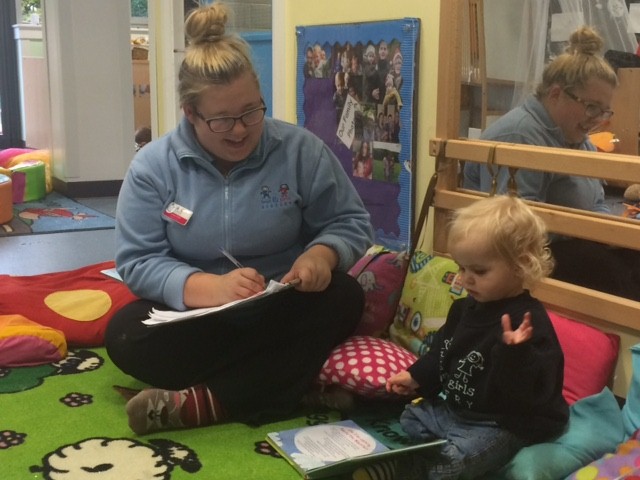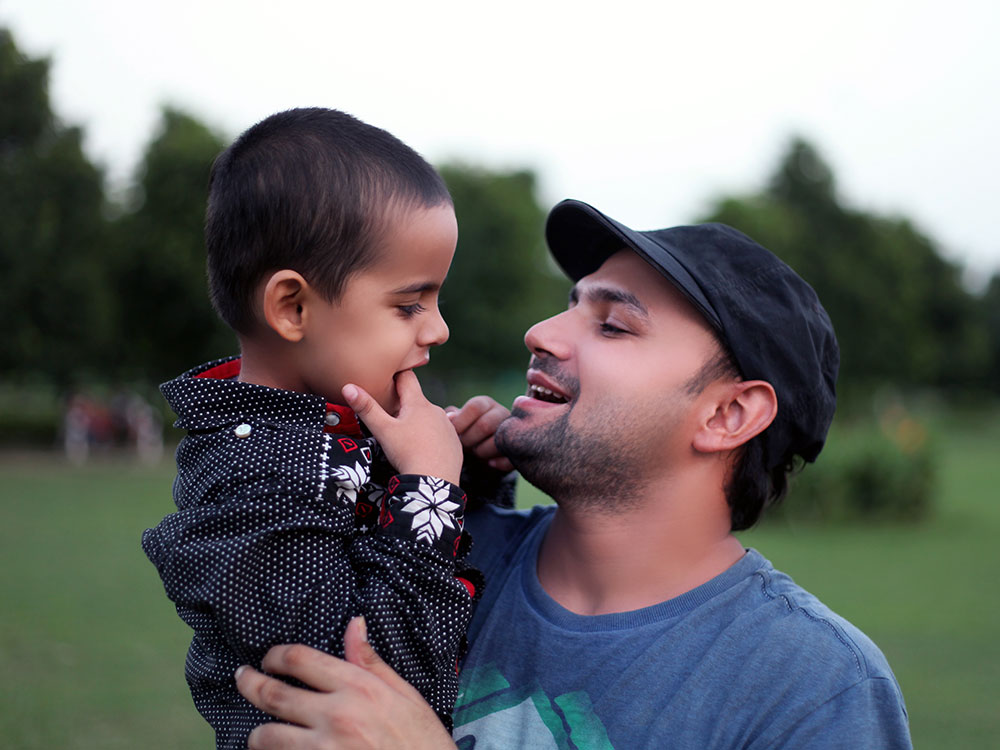Observations are a part of our day-to-day life and it is indeed important to observe the surroundings. Especially, it is essential to observe children understand their strengths and needs. Every parent and Early Childhood Educators observe kids to know them better and get a sense of their knowledge, needs, skills, interests, and how they learn best. Observation is one of the simplest as well as effective methods of helping young children develop. Observing your child means noticing how he/she behaves, learns, reacts to new situations, and interacts with others. An educator then takes this information and creates activities to promote growth in skills, document the success of those skills, and then reflect and assess.
Observing Your Child Helps You Interact Better With Them
Several researchers have shown that young children learn best within relationships and with rich interactions. They need healthy and focused interactions to learn. Researches show that it is critical to children’s learning to boost their thinking skills.

A teacher can do quality interactions only when she carefully thinks about how she should approach and respond to children. Similarly, it can be done in an effective way by observing your child. The interactions which are emotionally supportive help children develop a strong sense of well-being & security. Responsive interactions mean responses that meet children’s needs at the moment.
Observation Nurtures Relationships & Learning
Observation has always helped ECE (Early childhood Educators) professionals enhance their interactions with children. They also find it helpful to discover how important interactions are as they get to know and support children. Observation is indeed an effective way to connect with children. It also helps them discover kids’ connections with others and to their environment. The children who interact with others are more likely to gain skills, and to do better when they enter school.
Importance Of Observation
- When you really start observing your child, you get to know him/her. Parents need to observe their children to see more of their abilities, interests, personal characteristics, etc. Knowing your child will help you to plan developmentally informed & individualized activities.
2. You need to strengthen your parent-child relationships as you learn more about your child. Observe your children & talk to them about what they like, and discuss shared interests to connect with them. Let your kid know that you understand his/her perspective.

3. It is really important to observe your child to engage him/her with you, other children, and the learning environment. You can set up an environment with activities and materials by observing their needs & interests.
4. Reflect on observations made by you to assess your child’s progress, and understand his/her needs and personality. Observation will also help you improve teaching practices, and plan curriculum.
5. Verifying questions and concerns about your child is also an important part of the observation. Talk to his/her friends and teachers. It will help you keep track of their studies & development.
Also Read: What makes raising a child special to you
Creative Content Writer at GCPA | Four Years of Experience in Content Writing
Feel free to contact me at Team@139.84.133.140

